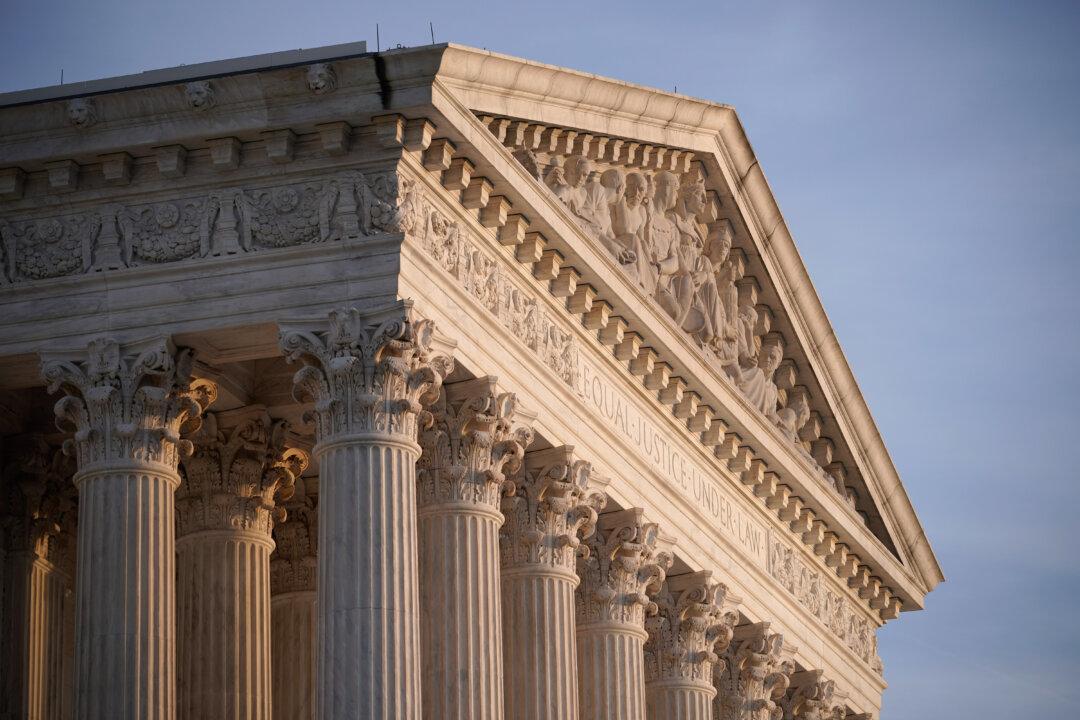The Biden administration changed its position on an upcoming Supreme Court appeal dealing with Arizona’s electoral integrity laws, disavowing the previous administration’s interpretation of anti-discrimination provisions of the Voting Rights Act of 1965.
Although the Biden administration won’t present oral arguments in the case or update a friend-of-the-court brief filed by the Trump administration, it signaled to the justices and the public that it’s leaving the door open to adopting a more aggressive interpretation of the statute in the future.





